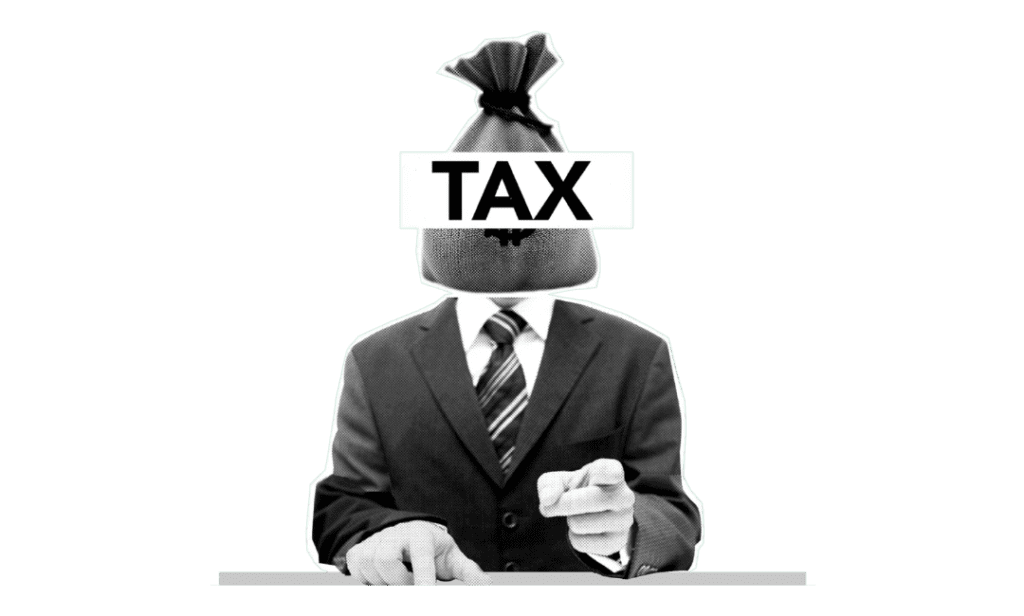Dealing with IRS tax debt can be overwhelming, but it’s important to know that you have options.
If you’re unable to pay what you owe, there are several practical steps you can take to manage and resolve your tax debt without facing harsh penalties or financial strain.
1. Explore Payment Plans
The IRS offers payment plans that allow you to pay off your tax debt over time instead of in one lump sum. These plans come in two forms:
- Short-Term Payment Plans: You can spread your payments over 120 days or less if you owe less than $100,000 in combined tax, penalties, and interest.
- Long-Term Payment Plans (Installment Agreements): For those who need more time, long-term payment plans allow you to pay your tax debt over several years. Eligibility requirements include owing less than $50,000 in combined tax, penalties, and interest. Installment agreements also come with setup fees, so it’s important to evaluate whether this option fits your financial situation.
Pro Tip: Be sure to stay up-to-date with your installment payments to avoid defaulting on the agreement.
2. Offer in Compromise (OIC)
If paying your full tax bill would cause significant financial hardship, you may be eligible for an Offer in Compromise (OIC). This program allows you to settle your tax debt for less than the amount owed. However, not everyone qualifies; the IRS considers your income, expenses, asset equity, and ability to pay before approving an OIC.
To apply for an OIC, you need to submit IRS Form 656 along with detailed financial documentation. It’s a complex process, but if successful, it can significantly reduce your tax liability.
Pro Tip: A tax professional can help you evaluate your eligibility and improve your chances of getting an OIC approved.
3. Temporary Delay of Collection
If you’re in financial distress, the IRS may agree to temporarily delay collection. This doesn’t mean your debt is erased, but rather that the IRS acknowledges your inability to pay at the moment. Interest and penalties will continue to accrue during this time, but it can provide you with temporary relief if you need time to recover financially.
4. Penalty Abatement
In some cases, the IRS may waive penalties through penalty abatement. If you have a reasonable cause for failing to pay or file on time, such as a medical emergency or natural disaster, you may request penalty relief. While the taxes and interest will still be owed, removing penalties can reduce the total debt burden.
5. IRS Currently Not Collectible Status
If you’re unable to make any payments due to financial hardship, you can request Currently Not Collectible (CNC) status. Once granted, the IRS will temporarily stop attempting to collect the debt, though interest and penalties will continue to accrue. This can give you time to recover financially without the constant pressure of IRS collections.
Bonus: Consult a Tax Professional
Dealing with IRS debt can be complex and stressful. It’s often best to consult with a qualified tax professional who can guide you through the options and help you make informed decisions. From navigating payment plans to negotiating with the IRS, a professional can provide expert advice tailored to your specific financial situation.
Introducing, Resolve Now, Pay Later!

We understand that resolving tax debt can be financially challenging, which is why we offer our Resolve Now, Pay Later program. This program allows you to get immediate help for your tax problems while setting up a flexible, monthly payment plan through our trusted partner, CPACharge—a secure and convenient payment processing service.
How It Works:
- Free Consultation: Contact us for a free consultation where we’ll assess your situation and develop a personalized tax resolution strategy.
- Immediate Action: We’ll start working on your situation immediately—while you take care of your financial responsibilities.
- Flexible Payments: You’ll pay for our services in monthly installments, ensuring you can resolve your tax debt without additional financial strain.
Resolve your tax issues today while keeping your financial future secure.
Contact us to learn more about how our Resolve Now, Pay Later program can work for you!
Take Action Today
If you owe the IRS money, don’t wait for the problem to get worse. Penalties and interest can add up quickly, making it harder to resolve your debt. By taking proactive steps and exploring the options mentioned above, you can regain control of your financial health.
Need Help?
Our team of tax professionals has over 40 years of experience helping clients nationwide resolve their tax debt.
Whether you need help with an IRS payment plan, an Offer in Compromise, or guidance through our Resolve Now, Pay Later program, we’re here to assist you every step of the way.
Schedule a free consultation today to start your journey toward financial freedom.






